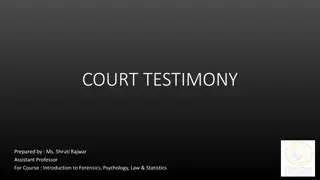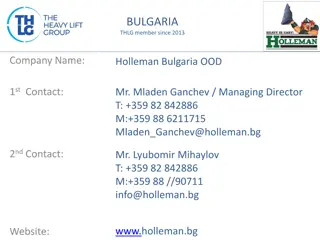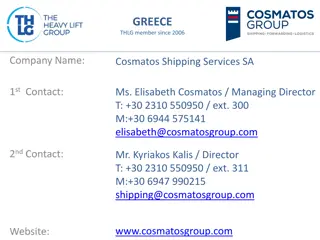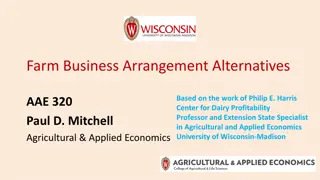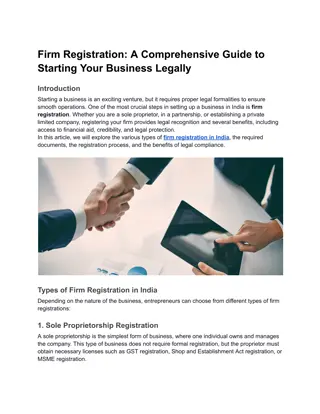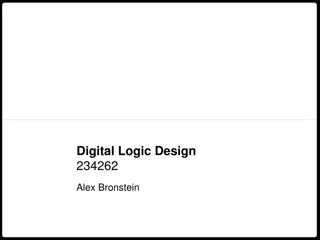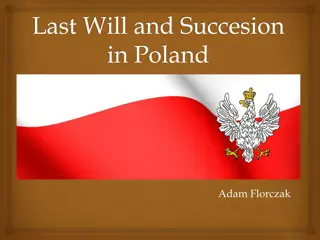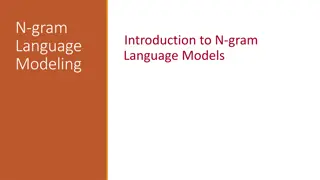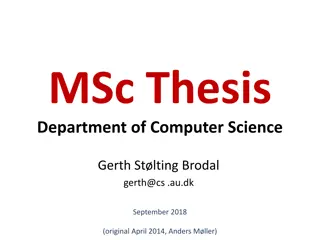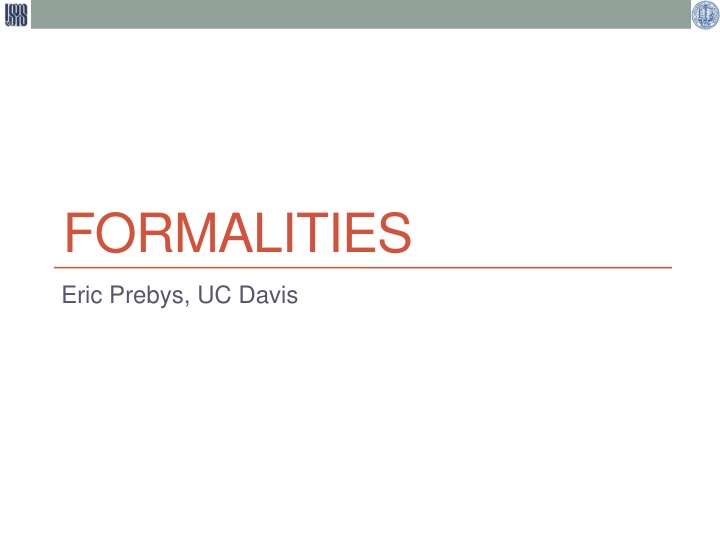
Accelerator Fundamentals: Course Details and Goals by Eric Prebys
Dive into the world of particle accelerators with Eric Prebys from UC Davis as he covers the rigorous foundation of accelerator physics, operations, and challenges. Get ready to explore state-of-the-art technologies and prepare for advanced studies in this intensive course. Beware of the intense pace and diverse student backgrounds. Discover the course personnel, warnings, demographics, and the instructor's impressive background in experimental HEP accelerator physics.
Download Presentation

Please find below an Image/Link to download the presentation.
The content on the website is provided AS IS for your information and personal use only. It may not be sold, licensed, or shared on other websites without obtaining consent from the author. If you encounter any issues during the download, it is possible that the publisher has removed the file from their server.
You are allowed to download the files provided on this website for personal or commercial use, subject to the condition that they are used lawfully. All files are the property of their respective owners.
The content on the website is provided AS IS for your information and personal use only. It may not be sold, licensed, or shared on other websites without obtaining consent from the author.
E N D
Presentation Transcript
FORMALITIES Eric Prebys, UC Davis
2 E. Prebys, USPAS, June 4-15, 2018 Accelerator Fundamentals: Formalities Goals of this course I hope this course will provide you with a rigorous foundation of the underlying physics of particle accelerators, Fairly sophisticated understanding of their operations. The background to pursue more advanced studies on your own (or in further classes). a quantitative overview of the state of the art, as well as current and future challenges. familiarity with enabling and related technologies: Magnets RF Instrumentation etc.
3 E. Prebys, USPAS, June 4-15, 2018 Accelerator Fundamentals: Formalities Course Personnel Instructor: Eric Prebys, UC Davis, eprebys@ucdavis.edu, 630-336-1893 Lab Instructors: Elvin Harms, FNAL, harms@fnal.gov Amber Johnson, University of Maryland, ajohns37@umd.edu TA: Nicole Neveu, Illinois Institute of Technology, nneveu@hawk.itt.edu Graders Laura Boon, lauraeboon@gmail.com Robert Hipple, Michigan State University, hipple@msu.edu Course Website (everything gets posted here!): http://home.fnal.gov/~prebys/misc/uspas_2018/
4 E. Prebys, USPAS, June 4-15, 2018 Accelerator Fundamentals: Formalities Some warnings right up front This course is intended to cover in two very intense weeks the material that would be in a full semester university course That s the mandate; there s nothing I can do about it Students have a pretty broad range of backgrounds, so some will struggle more than others, particularly in the beginning. If you get behind, you will never catch up! Ask questions Attend help sessions Work together
5 E. Prebys, USPAS, June 4-15, 2018 Accelerator Fundamentals: Formalities Class Demographics Field? of? Study? Level? of? Education? Electrical? Engineering? Physics? or? Math? Mechanical? Engineering? graduate? student? bachelor's? degree? undergraduate? master's? degree?
6 E. Prebys, USPAS, June 4-15, 2018 Accelerator Fundamentals: Formalities My Background 1984: BS in Engineering Physics, University of Arizona Got a job in an HEP group after being fired from a gas station. 1984-1990: Grad Student, University of Rochester PhD topic: Direct Photon Production in Hadronic Interactions 1990-1992: CERN Fellow, CERN Studied e+e- reactions on the OPAL Experiment at LEP 1992-2001: Postdoc and Assistant Professor, Princeton U. GEM Experiment at the Superconducting Super Collider Belle CP Violation Experiment at KEK, Japan Nonlinear QED in E-144 Experiment at SLAC 2001-2017: Scientist, Fermilab MiniBooNE short baseline neutrino oscillation experiment Proton Source Department Head Director of LHC Accelerator Research Program (LARP) Mu2e rare muon conversion experiment Created Lee Teng Internship and ran it for 10 years 2017-present, Professor, UC Davis Mu2e Director, Crocker Nuclear Laboratory (cyclotron) Experimental HEP Accelerat or Physics (mostly)
7 E. Prebys, USPAS, June 4-15, 2018 Accelerator Fundamentals: Formalities Me Buck s River Road Exxon Fermilab E-706 Rochester Group ~1987
8 E. Prebys, USPAS, June 4-15, 2018 Accelerator Fundamentals: Formalities General Plan I m going to spend today on the basics, as well as a fairly qualitative overview of everything we re going to learn This will hopefully level the playing field in terms of previous experience and exposure to the concepts I m planning to give an in depth treatment of Transverse motion Strong focuusing Lattice functions Longitudinal motion Acceleration Synchrotron motion More qualitative treatment of general topics in the field Will mix up the two, to give your brains a rest.
9 E. Prebys, USPAS, June 4-15, 2018 Accelerator Fundamentals: Formalities A note on text I chose Edwards and Syphers An Introduction to the Physics or High Energy Accelerators as the primary course text because It s the book I learned from I find the mathematical level appropriate to a broad range of students. It was written by Fermilab people, so it uses conventions that I m familiar with. It s the same book I use for the graduate course, but we ll cover much less of it, and at a less rigorous level. I won t stick to the order of the book. In particular, like most people who use it, I ll switch the order of Chapter 2 (longitudinal motion) and 3 (transverse motion)
10 E. Prebys, USPAS, June 4-15, 2018 Accelerator Fundamentals: Formalities Other references Edmund Wilson, Particle Accelerators A bit lower level than E&S. Often used for this course. Concise reference on a number of major topics Available in paperback (important if you are paying) Klaus Wille The Physics of Particle Accelerators Same comments Welmut Wiedemann, Particle Accelerator Physics Probably the most complete and thorough book around (originally two volumes) Scope very large and mathematical level very high, even for the graduate course. Fermilab Accelerator Concepts ( Rookie Book ) http://tinyurl.com/FNAL-concepts Particularly chapters II-IV
11 E. Prebys, USPAS, June 4-15, 2018 Accelerator Fundamentals: Formalities Tentative Schedule Lecture: 9-12 Will lecture in the afternoon a bit today. Lunch: 12-1:30 Labs: 1:30-5:00 Problem sessions: 7-?? Homework every day except Friday and next Thursday, to be turned in the next day. Students are encouraged to work together on homework In-class exam next Friday. As lectures, homework, and other material are ready, they will be put at: http://home.fnal.gov/~prebys/misc/uspas_2018/
12 E. Prebys, USPAS, June 4-15, 2018 Accelerator Fundamentals: Formalities Course Schedule (very approximate) Day Time Mon. (6/4) Tues. (6/5) Wed. (6/6) Thu. (6/7) Fri. (6/8) 9:00 AM Lecture: - Formalities - Introduction - Basics Lecture: - Longitudinal Motion Lecture: - Transverse Motion 1 Lecture - Transverse Motion 2 Guest Lecture: Nicole Neveu - Linacs 10:00 AM 11:00 AM 12:00 AM Lunch Lunch Lunch Lunch Lunch 1:00 PM Lecture(cont d) Lab Lab Lab Lab 2:00 PM 3:00 PM Lab Introduction 4:00 PM Day Time Mon. (6/11) Tues. (6/12) Wed. (6/13) Thu. (6/14) Fri. (6/15) 9:00 AM Lecture - Lattice Imperfections - Insertions Guest Lecture: Nicole Neveu - Cavity Development - Sources Lecture - Collective effects - Instability - Colliders and Luminosity Lecture - Special topics - Requests In-class final exam 10:00 AM 11:00 AM 12:00 AM Lunch Lunch Lunch Lunch 1:00 PM Lab Lab Lab Lab 2:00 PM End 3:00 PM 4:00 PM
13 E. Prebys, USPAS, June 4-15, 2018 Accelerator Fundamentals: Formalities Lecture Style All the details of my lectures will be in my PowerPoint slides, which I will copy and hand out (they ll also be available online). There will probably be some mistakes in the slides, which I ll correct in the online version if and when we catch them. I will often write on the board simply as a way to pace myself (otherwise, I find I go way too fast). Sometimes this will involve simply copying what s on the slides. I ll also work through a lot of problems and examples that aren t in the slides, so that s where you ll want to take notes. I ll copy and distribute any I think are particularly valuable, but don t count on it. I used to think that if people didn t ask questions, it s because they understood everything I was saying. Now I know the opposite is true, so if I don t get any questions, I ll keep slowing down until I do.

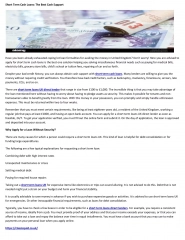
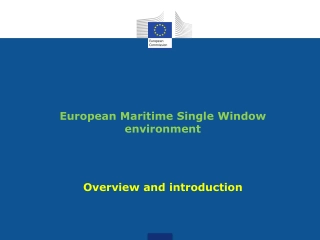
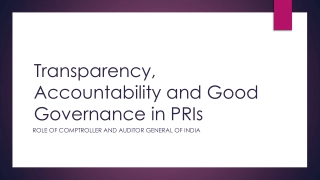
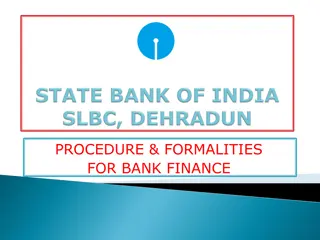
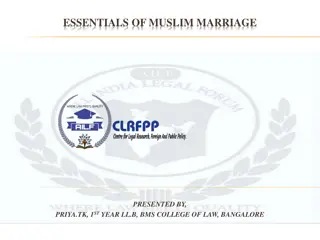
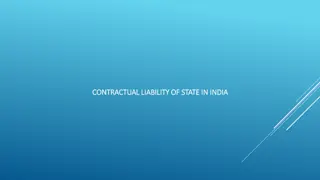
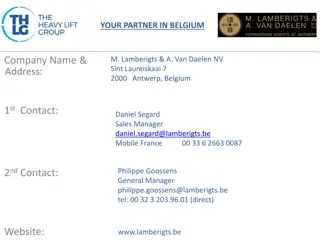
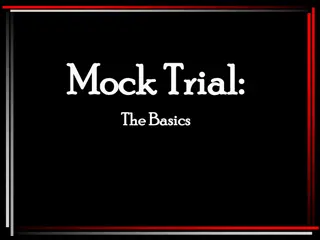
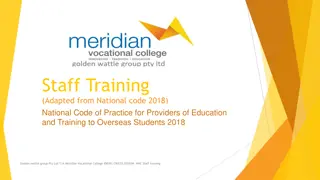
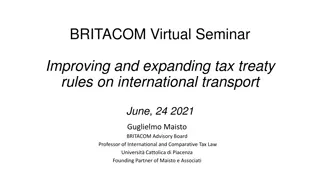
![Importance of Rock v. MWB [2018] UKSC 24 as Explained by Lord Sumption](/thumb/193348/importance-of-rock-v-mwb-2018-uksc-24-as-explained-by-lord-sumption.jpg)
